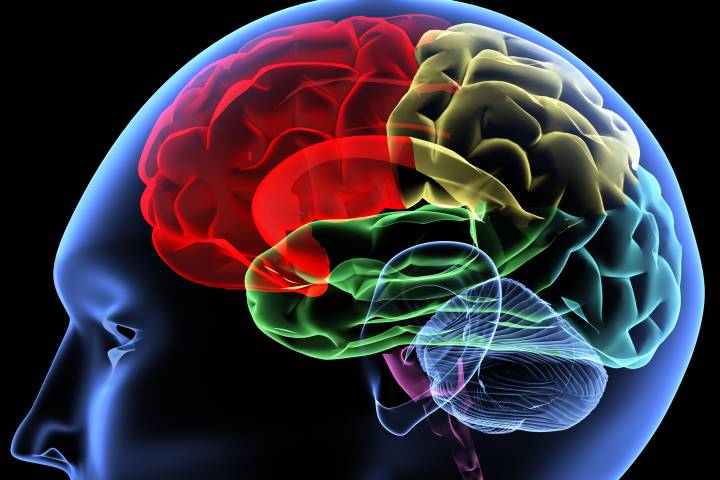With the erratic weather that we’ve been having recently, I’ve been hearing from more and more people who are having difficulties with migraines.

The term migraine is of French origin, with “mi” standing for hemi or half, and “graine” meaning cranium.
It’s usually a throbbing type of headache that typically affects half of the head and is often associated with symptoms such as nausea, as well as sensitivity to noise and light.
Migraine headaches are not uncommon, and usually run in families.
They affect about 11 per cent of North Americans, including children.
Although they are more common in young boys than in young girls, after adolescence, migraines become much more common in women, affecting up to 22 per cent, compared to only seven per cent of men.
Although we don’t fully understand what causes migraine headaches, they are believed to be triggered by a phenomenon called “cortical spreading depression,” which is basically a spontaneous wave of current that spreads across the brain’s grey matter.
This ultimately stimulates the nerves which cause the pain of migraine headaches, and also causes migraine “aura,” which refers to neurological symptoms that occur in about 25 per cent of patients, including flashing lights, ringing in the ear, and in some cases, weakness, involuntary movements, and/or numbness.
Several potential triggers for migraine headaches have been identified.
The most common include emotional stress, hormonal changes with the menstrual cycle, a long period of fasting, and indeed, weather changes.
Hence, the erratic weather we’ve been having recently might explain why people’s migraines are acting up.
Most patients with migraines respond well to over-the-counter pain medications such as ibuprofen or acetaminophen, but in some cases, specific migraine therapies called triptans or ergotamines, as well as anti-nauseants are required.
And for people with frequent or severe migraines, there are also some effective preventative therapies that can reduce the frequency, severity, and/or duration of headaches, including drugs called beta-blockers, certain anti-depressants, and certain anti-seizure medications.
However, for many patients, just having a good sleep routine, a predictable meal schedule, and exercising regularly may help.
And although there’s not a lot we can do about the weather, knowing one’s migraine triggers and learning to cope with them is often half the battle.



Comments